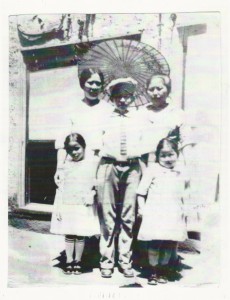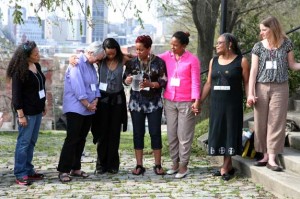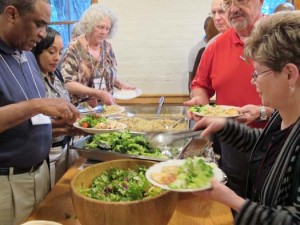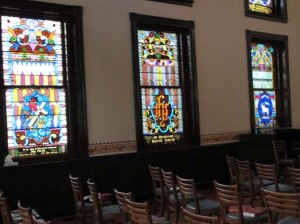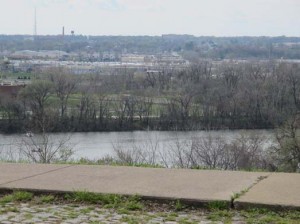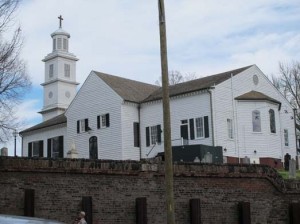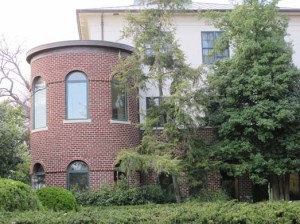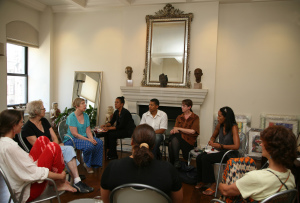
Slavery, genealogy, race, family legacy, white privilege and healing will be among the central topics discussed at the Coming to the Table (CTTT)-New York City Metro Chapter meetings.
As co-leader with Julie Finch of the CTTT-NYC Metro Chapter, I am extending an invitation to my friends and readers of my blog to attend our upcoming meetings. The next meeting is set for Saturday, April 11, noon-4pm. We hope to recruit new CTTT members and hold public meetings every two months. Our meetings are free.
Gather together with like-minded folks interested in the Mission and Vision of Coming to the Table. Share stories, build friendships, and help us plan future meetings together. As is our tradition, we usually eat a small meal together in a gathering of multi-racial people.
Many in our group have done extensive research and can identify and document their family’s involvement with slavery—either as a descendant of former en-slavers, formerly enslaved persons or both categories. I am a descendant of both! Some of us are expert genealogists and can assist you with your family search. Some of our white members have already attended family reunions with their ‘new-found’ African American linked-ancestors! Our members include descendants of Thomas Jefferson and Sally Hemings, Pocahontas, American Revolution and Civil War veterans and more.
For deep sharing, please review Touchstones prior to the meeting. We use the Circle Process for at least part of our time together. So, please review our circle process that is based on Native American tradition, sometimes with a talking stick or stone, for deep dialogue.
Coming to the Table provides leadership, resources, and a supportive environment for all who wish to acknowledge and heal wounds from racism that is rooted in the United States’ history of slavery, a major part of the Trans-Atlantic Slave Trade.
Our approach to achieving our vision and mission involves four interrelated practices: 1. Uncovering History: researching, acknowledging, and sharing personal, family and community histories of race with openness and honesty. 2. Making Connections: connecting to others within and across racial lines in order to develop and deepen relationships. 3. Working Toward Healing: exploring how we can heal together through dialogue, reunion, ritual, ceremony, the arts, apology and other methods. 4. Taking Action: actively seeking to heal the wounds of racial inequality and injustice and to support racial reconciliation between individuals, within families, and in communities.
To learn more, and to RSVP, click here!
We’ll send info about the location (in Manhattan) to those who RSVP. We look forward to a wonderful afternoon together.
For more information send Email: office@comingtothetable.org
Phone: 1-877-540-CTTT (2888)
Toward peace!



